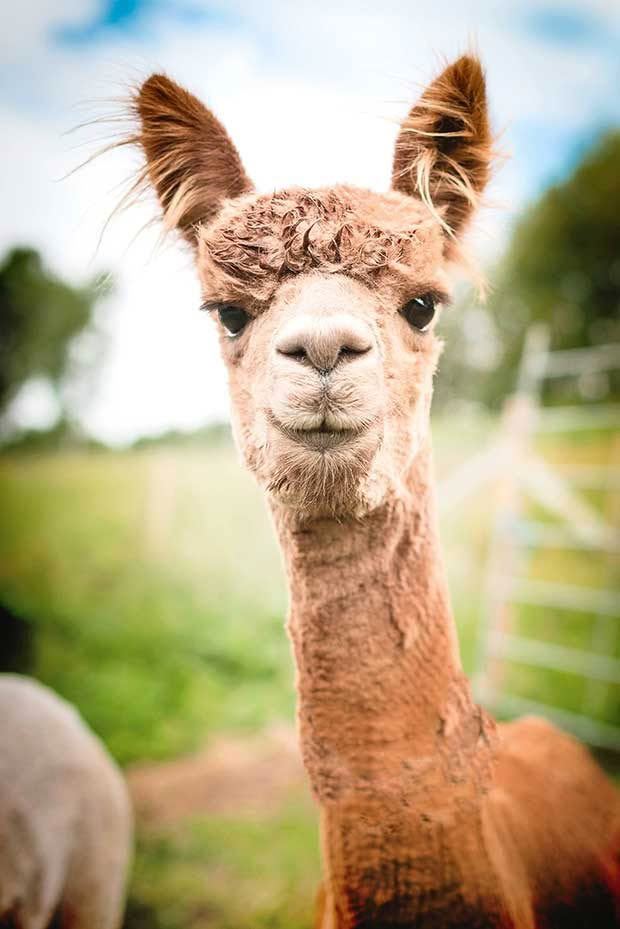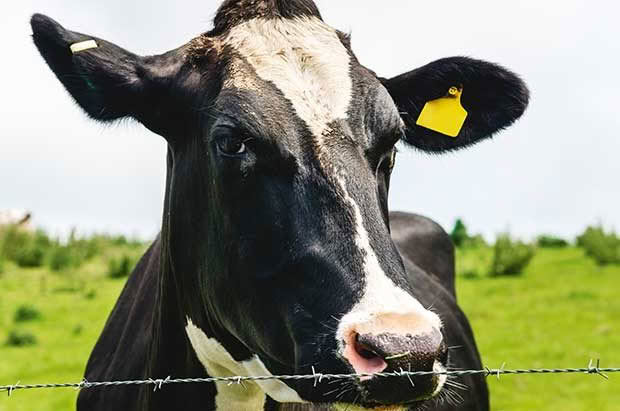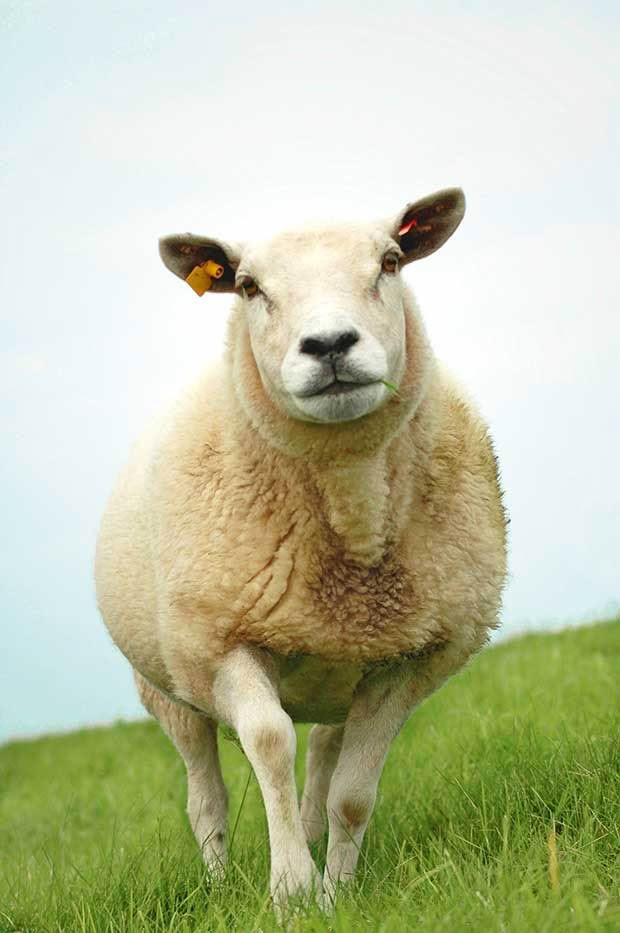Things to do on the farm in January: Treat sheep and alpaca for facial eczema, spray chicken coop for mites, get fire insurance

Clean out that chicken coop, and why facial eczema treatments for sheep, cattle and alpaca need to start in mid-January.
THE BIG PROBLEM FOR ALPACAS IN SUMMER
The alpaca is one of the most sensitive animal species to facial eczema (FE), and unfortunately one of the common first signs of a problem is sudden death. Preventative treatments are also limited. Alpaca are put off by the bitter taste of zinc sulphate in water, and they don’t tend to drink regularly enough anyway. Boluses are broken down too quickly in their digestive system, and are hard to administer down a long throat.
The easiest way is to feed zinc oxide pellets or alpaca nuts with added zinc. You can also add zinc oxide powder to feed, along with molasses to disguise its bitter taste.
Information: Dr Geoff Neal, Manawatu Veterinary Service/ The Alpaca Place.
JOBS FOR JANUARY
• Facial eczema treatments for sheep, cattle and alpaca need to start in mid-January. This is to give zinc levels time to rise so the animal gains protection before spore levels start to rise in early February. It also means the last zinc treatments are still effective in mid-April (90 days).

• You can do a spore test on your own property by gathering pasture samples – talk to your vet clinic who can explain how best to take a sample, and do the test for you. Vet clinics nationwide compile reports so you can find out the average FE spore counts in your area each week. The website updates start in late January.
• You need to be constantly on the lookout for dirty, oily patches on the wool of sheep and lambs. They will nibble these areas to stop the itch of them being eaten alive by the Aussie green blowfly. This needs immediate treatment, so talk to your vet about the best products to have on hand. Have some way to restrain a sheep (preferably yards) so you can treat it safely.

• Current best practice is to delay drench resistance by always leaving 20% of healthy lambs in a mob undrenched so that they breed worms that are killed by drench. These worms are said to be ‘in refugia’ which allows non-resistant worms to mate with resistant ones, hopefully slowing up the advance to total resistance.
• Summer is a great time to clean out the hen house and spray for mites. The dust in a hen house will be contaminated by chicken skin cells, which carry campylobacter. Use a garden backpack or pump sprayer to mist water over the interior before you begin cleaning it out. Also, wear a dust mask – it’s very easy to breathe in dust and it will expose you to fungi and bacteria that can make you very sick.
DO YOU HAVE FIRE INSURANCE?
Big fires start in small ways. Take the person who left a hot chainsaw on dry grass. The resulting fire raged for eight days, causing $1.5 million of damage. Under the Forest & Rural Fires Act 1977, you may be liable to pay for fire-fighting costs.
If there’s no identifiable cause, you may be required to pay a share if it crosses your lifestyle block, even if you are not responsible. Make sure you have the correct rural insurance that covers firefighting costs.
Love this story? Subscribe now!
READ MORE
Farming through the summer: Beating facial eczema in sheep the old-fashioned way
 This article first appeared in NZ Lifestyle Block Magazine.
This article first appeared in NZ Lifestyle Block Magazine.
